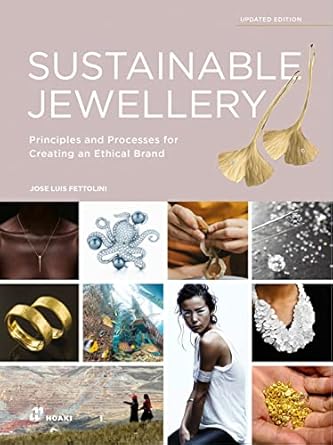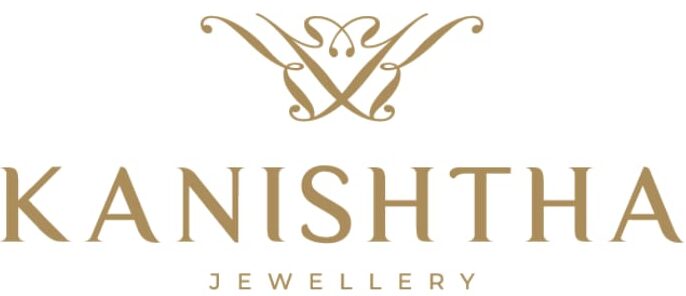
Ethical and sustainable jewelry is defined as jewelry
that has been made in consideration to its ethical and sustainable parameters of production.
These principles extend to as far as purchasing raw materials to reducing as much impact on the environment as possible
Here are some key aspects:
- Ethical Sourcing of Materials:
Conflict-Free Gemstones: These are gemstones for which mining is not carried out in areas affected by war or where the revenues generated are used to finance wars. - Fair-Trade Metals: As for the precious metal mining, the gold, silver, platinum among others are mined under fairly paid employees and in safe circumstances.
- Recycled Metals: Most ethical jewelers are involved in the use of recycled metals which means that there are minimal requirements for new mining.
- Lab-Grown Diamonds: Such diamonds are cultured and possess all the features of natural diamond without drawbacks that minerals could bring in terms of environmental and ethical impact
- Sustainable Production Practices:
Eco-Friendly Practices: Eco friendly jewelers’ undertake efforts to reduce energy consumption, waste and opt for renewable energy where possible. - Zero-Waste Jewelry: Some jewelers even practice zero-waste, they make sure that they utilize all materials throughout the process of making the jewelry
- Handcrafted Jewelry: Many handmade products involve simple processes in which less energy, and machinery may be used, it helps create opportunities for local craftsmen.
- Transparency and Traceability:
Ethical brands reveal information about the entire supply chain from the identification of sources of the materials used in the jewelries. - Fair Labor Practices:
In a brand, companies give adequate importance to working conditions, pay structure and lack of exploitation from sourcing to designing to manufacturing - Minimalist and Timeless Designs:
Ethical and sustainable jewelry is usually characterized by simple and classical looks, which discourages wearers from changing jewelry frequently as is common with most fashion accessories. - Recycled and Upcycled Jewelry:
Some designers concentrate their creations on such accessories as pendants and earrings made of reused jewelry, repaired antiques or other recycled items to minimize wastage and to design fabulous accessories. - Certifications:
Fair-minded or Fairtrade Certification: Ensures that metals and other gem stones used are obtained in a socially responsible manner. - Kimberley Process Certification: Exists primarily to ensure that “blood diamonds” do not get into the polished diamond supply chain.
- Responsible Jewelry Council (RJC): Accredits organizations that practice good ethical standards and are environmentally friendly.
- Consumer trends for this expanding market help consumers be more responsible in their buying habits in relation to workers and to decrease the environmental impact of jewelry manufacturing.
